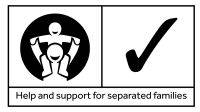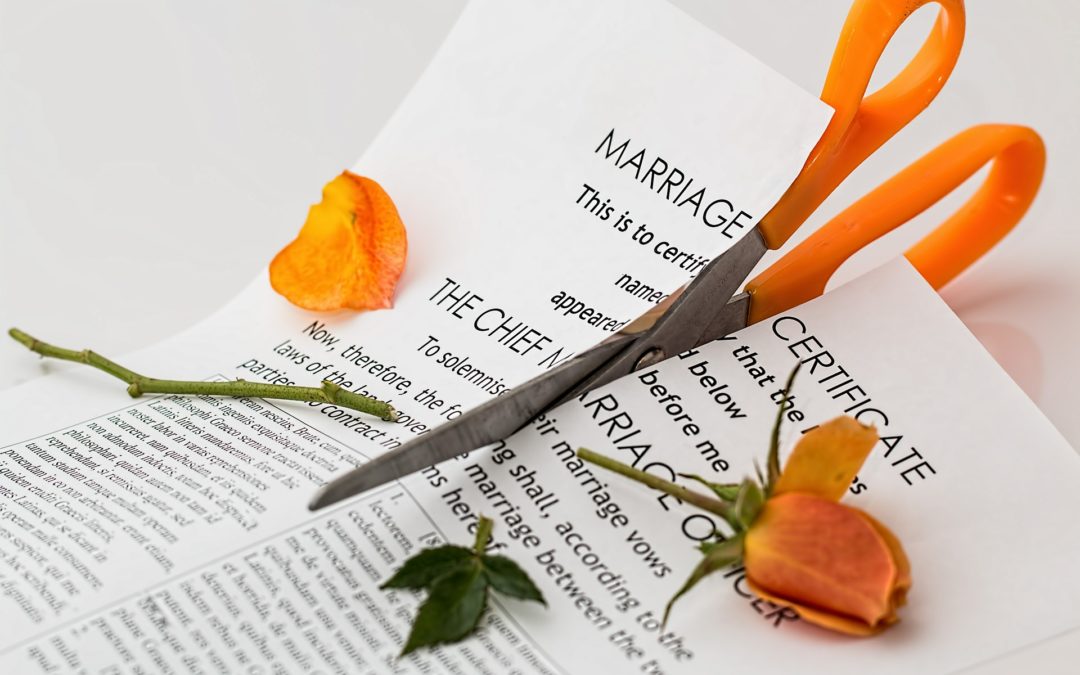Divorce and separation are generally considered to be to of the most stressful life event. Dad Info looks at the emotional impact separation is likely to have and offers practical tips on how to survive
Different people will experience divorce or separation differently. But, even if you are relieved that the relationship has ended, you are likely to have to deal with some difficult emotions. These emotions are amplified when you have children.
My wife / partner ended our relationship
Depending on the cause of the breakdown, you are likely to be experiencing a mixture of:
- shock
- anger
- betrayal
- sadness
- fear of the unknown
This is normal and it will take time for you to deal with these feelings. Many experts believe that coming to terms with the ending of a relationship can take two years or more.
I was the one who left
Even when you are the person who ended the relationship, it is likely that you will have to deal with feelings such as:
- guilt
- fear of the unknown
- shame
- disorientation
It is also important to recognise that your wife or partner will not necessarily feel the way that you do about the new situation. You may feel excited about the new possibilities that are opening up. But your ex-partner will still have to deal with the shock and grief of learning that your relationship is over.
Communicating with your child’s mother
Separation is a process
Both you and your wife will need to go through a process of adjustment. You will both need to deal with the shock and anger that accompanies the end of the relationship. You will both have to face feelings of despair and depression before you are finally able to move forward towards a new life apart.
The person who has ended the relationship is likely to have dealt with the shock and depression and already be thinking about moving on. The person who has been left will only be at the beginning of the emotional journey.
Surviving the early stages
It is important that you take care of yourself. This is especially true because you are a father and you have a child or children who rely on you for their own wellbeing and emotional security. Here is a list of things that you should think about:
- make sure that you eat well
- don’t drink too much alcohol or use drugs as an escape
- deal with any anger away from your children and wife
- use exercise to help you to cope emotionally
- try to create new routines like regular meal times and bed times
- take care not to put yourself in further emotional danger by leaping into new relationships
Smoking, drinking or drug taking? Where to get help to stop
As time moves on
After the initial turmoil, it is likely that you will experience a degree of depression. This is normal but if it gets too difficult you should talk to your GP. Try to take positive actions such as taking up a new hobby or joining a club. This can help you feel that you are taking control of your life again. You might also think about some form of counselling to help you move forward.
However bleak it may seem in the beginning, things will get better. Do everything you can to remain a part of your children’s lives. Try to provide them with as much emotional security as you can. Get help if you need it. Eventually you will find that you are able to move forward.
Separation: the long term: things to bear in mind {loadposition article-advertise}








